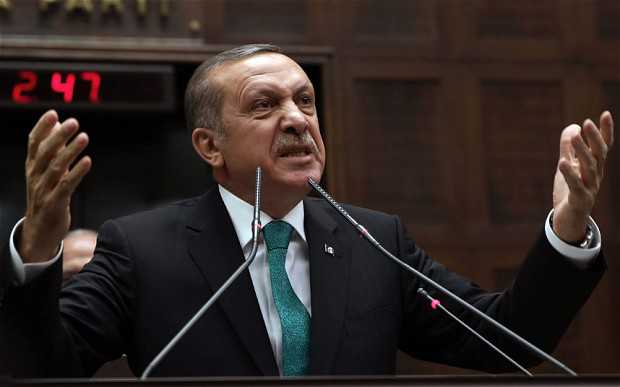The Rise of Turkey
A few years ago I could not find one Arab friend that had anything good to say about Turks. One Jordanian man told me, “The Turks used to be the top of the Muslim world. Now they prefer to be the lowest of the Western world.” Forgive my slip into the anecdotal, but I think my analysis will stand. However, Arab opinion about Turkey has thoroughly changed. It is a safe bet that Turkey is currently the most popular nation in the region.
The Turks did rule most of the Middle East, the Balkans, and part of North Africa for centuries. The Ottoman Empire lasted from the thirteenth up until the early twentieth century. Arabs became discontented with their Turkish rulers. The British and French Empires (mainly the British) in the early twentieth century utilized this discontent and rising Arab nationalism as a way to to help weaken Ottoman hegemony in the region. This was done to actually bring in the West as the new hegemonic force at Turkey’s expense. Enigmatic characters such as Thomas Edward Lawrence aka “Lawrence of Arabia” was one British soldier that was sent to do such instigation. NPR’s Jacki Lyden stated:
“Lawrence did not change the map of the Middle East — the spheres of influence had been drawn up secretly between Britain and France in 1916,”…
“By 1922, he was advisor to Winston Churchill, and it was then Britain installed the adroit Faisal as King in Iraq,” Lyden says, “And later, when it was already a fact on the ground, Abdullah as Emir in Jordan.” Of all the other British officers in the Middle East, Lawrence was one of the few urging independence and self-rule for the Arabs.
Even if Lawrence truly fought for Arab independence the British Empire would not give it freely. As the Ottoman Empire fell apart Turkey set it’s own course favoring a Western orientation as opposed to an Eastern one.
In 1919 Mustafa Kemal “Atatürk” led a nationalist revolution in Turkey. He transformed Turkey into a modernized secular country. He even abolished the the Sultanate and use of the Arabic script for the Turkish language, in exchange for the Latin. The military became the vanguard of his reforms keeping Islamists in check. Turkey was the first Muslim majority country to recognize Israel in 1949. Israel and Turkey also developed a militarily strategic relationship. A few years later Turkey joined NATO. In light of this history, the question is: What has changed to make Turkey become popular with Arabs now?
In the early twenty-first century Turkish leaders started drastically changing the direction of Turkish foreign policy. They created a “zero-problem with neighbors” policy. Turkey has worked cooperatively with Arab dictators, without appearing to support them (unlike the US). The Turkish government has shown solidarity with the Arab revolts against those Arab dictators, without being perceived as a fomenter of those revolts. Turkey has been one of the only states in the Middle East (on good relations with the West) to really stand up to Israel and condemn it for its atrocities against Palestinians. Turkey’s economy is growing and it is currently ran by an Islam friendly government that still maintains a secular approach to governance(showing that Islam in politics does not necessitate a Saudi or Iranian style theocracy). Turkey is on the rise with Recep Tayyip Erdoğan at the helm and the backing of his Justice and Development Party. It will be interesting to see what other developments will ensue.
via The Notes Taken: The Rise of Turkey.


